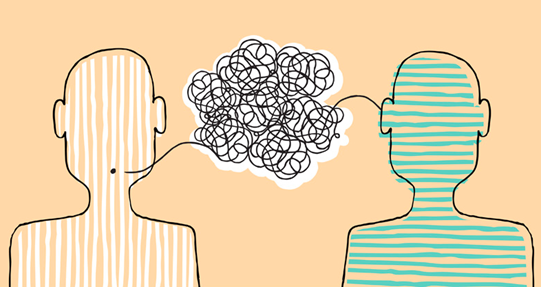“Hi Mui”. I turn my head and see one of my regular patients; she comes in with a smile and asks for help because she doesn’t know how to make her own appointment at one of the hospitals. She calls me “Mui”, or “little sister” in the Teo Chew Chinese dialect I also speak; in turn, I call her “A Yi” which translates to “Aunt”. I make her appointment and print her out a map of how to get there. Before she leaves, she tells me how her health is starting to become worse, and she’s very lonely as her family is not with her in America. She tells me how she came to America; how she escaped war-torn Cambodia in search of a better life, but when she arrived, things were much harder than it seemed. English is much harder to learn, work is harder to find, and healthcare is more expensive. We talk a bit more about how she’s doing, what I can do for her, and when her next shipment of medicine will arrive. She leaves with a smile and graciously thanks me for helping her, but rather, it should be me thanking her for sharing her life story with me.
I serve as a Patient Advocate at Health Center 2, where my main duties are to help non-insured or underinsured patients receive their mediation for free or low cost. However, not listed in the position description is to be a listener. Patients who come into my office need help, whether that is to receive their medication, or to just to have someone listen to them, both of which are important responsibilities. When patients choose to share their story with me, I am humbled and in awe. Many of these patients have overcome so many struggles, and the least I can do is listen to what they share with me. Their grit and courage in life inspires me to be confident in my own. My title is Patient Advocate, but I cannot advocate on behalf of the patient without listening to what they have to say first.
Often times in healthcare, we forget that the patients are people too. They just want someone to listen to them; to hear their voices and what they’re saying. We should talk with the patients, not at the patients. We must remind ourselves that as healthcare professionals and as social creatures, we should listen to the patient and offer support in an empathetic way.

